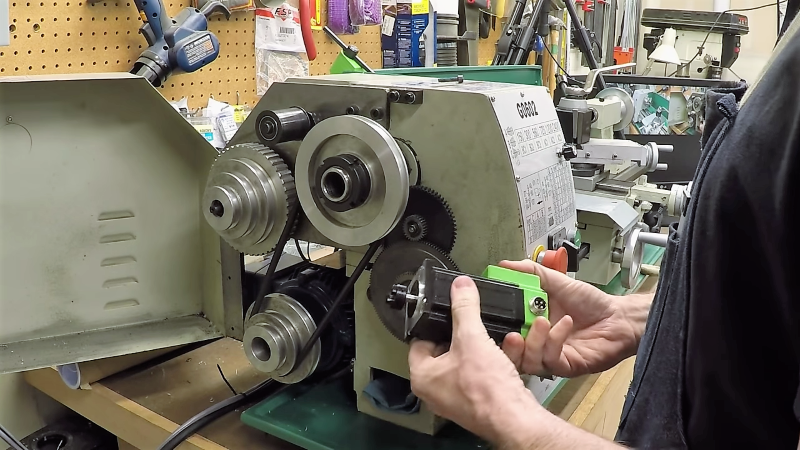- Joined
- Oct 18, 2016
- Messages
- 2,872
At $1600.00, your budget is pretty tight for any kind of machine with tooling, and it's not clear from your post what size machine you have in
mind. I would strongly suggest not purchasing a machine directly from China (alibaba, etc.). Product and warranty support is going
to be slim to nonexistent in most cases and if the machine is a dud, you'll probably have no recourse. A company with a presence in the
USA like Grizzly, Jet or Precision Mathews will be available to provide parts and support if needed which is an important consideration. The online prices may be seductive,
but in reality, you can't get something for nothing.
If you have a small lathe in mind (less than 10" swing) Grizzly has one on sale: https://www.grizzly.com/products/Grizzly-9-x-19-Bench-Lathe/G4000,
but keep in mind these are small machines with limited capability.
It's also not clear if you plan on using the machine for a hobby, prototypes or production, but it sounds like you need to bump up the budget
to start with.
mind. I would strongly suggest not purchasing a machine directly from China (alibaba, etc.). Product and warranty support is going
to be slim to nonexistent in most cases and if the machine is a dud, you'll probably have no recourse. A company with a presence in the
USA like Grizzly, Jet or Precision Mathews will be available to provide parts and support if needed which is an important consideration. The online prices may be seductive,
but in reality, you can't get something for nothing.
If you have a small lathe in mind (less than 10" swing) Grizzly has one on sale: https://www.grizzly.com/products/Grizzly-9-x-19-Bench-Lathe/G4000,
but keep in mind these are small machines with limited capability.
It's also not clear if you plan on using the machine for a hobby, prototypes or production, but it sounds like you need to bump up the budget
to start with.
Last edited:


